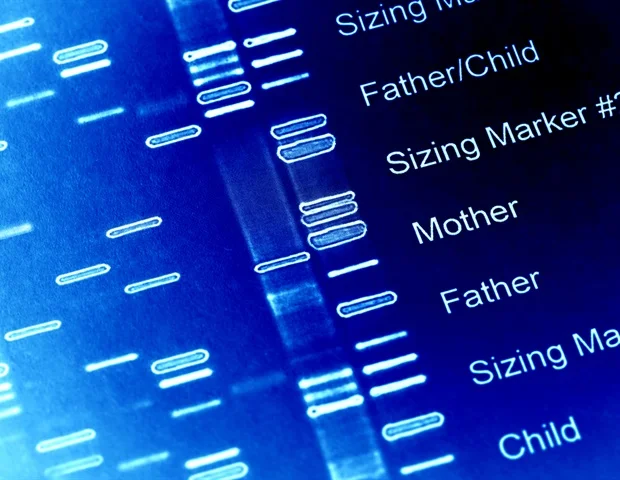
When Kayla Green was first diagnosed with hypertrophic cardiomyopathy (HCM), she felt vindicated.
"For years, I could feel something was wrong in my chest," she said. "Other people insisted that I was just having panic attacks, but I knew it was something else. No one was taking me seriously, and it wasn't until after a trip to the emergency room during college that I finally had an electrocardiogram (EKG) and I was diagnosed with HCM."
Her journey with HCM has had its ups and downs, but thanks to the high quality of care she's received at UC San Diego Health, she says she finally feels like her treatment is being taken seriously.
The care received by Green and patients like her is why the Hypertrophic Cardiomyopathy Association (HCMA) is recognizing UC San Diego Health this week as a Center of Excellence in treating the condition, one of only four such centers in the state. The HCMA is an international resource for patients, families and the medical community.
The organization provides services to enhance understanding, foster research and ensure high-quality health care to HCMA patients. The HCMA Center of Excellence recognition acknowledges medical centers that offer patients with the condition the most comprehensive care.
We are honored to receive this recognition. We are dedicated to providing comprehensive care for HCM patients like Kayla and hope that this recognition will raise awareness in the San Diego community about the availability of HCM screening and treatment at UC San Diego Health."
Jorge Silva Enciso, MD, cardiologist at the Cardiovascular Institute at UC San Diego Health
Green is not alone in her experience. HCM affects approximately one in every 250 people. The condition is caused by abnormal thickening of the muscle in the heart, which makes it harder for the heart to pump blood throughout the body. Often, HCM goes undiagnosed because for many people, there are no obvious symptoms -; or the symptoms are attributed to other conditions.
When symptoms are present, they can be severe and life-threatening. HCM can lead to chest pain, shortness of breath, and most critically, abnormal heart rhythms known as arrhythmias. For some, the first warning sign is having a close relative die unexpectedly in their sleep; the condition is highly heritable, with an approximately 50 percent chance of a parent passing it on to their child.
With leadership by Silva Enciso and Eric Adler, MD, director of cardiac transplant and mechanical circulatory support, the UC San Diego Health hypertrophic cardiomyopathy program offers a wide range of diagnostic and treatment options, with a variety of experts, including cardiologists, surgeons, genetic counselors and mental health professionals all aimed at supporting HCM patient care.
"Our heart transplant program is the largest in San Diego, and our position as an academic medical center means that there are researchers right on campus working at better understanding this condition and developing new clinical trials so we can provide better care to patients in the future," said Silva Enciso.
"The Hypertrophic Cardiomyopathy Association is pleased to welcome UC San Diego Health to our family of Center of Excellence programs," said Lisa Salberg, founder and CEO of HCMA. "The HCMA has worked hard over the past 24 years to ensure that HCM patients receive the highest quality care in high volume programs. Patients and families benefit by having a team of highly skilled clinicians, as well as the emotional support they need to manage living with a genetic heart condition that may impact many other members of the family as well."
For patients like Green, that kind of support has been critical to her recovery. "Before I came to UC San Diego Health, I was only seeing a cardiologist once a year and taking some blood pressure medications," she said. "Doctors never did any screening beyond an EKG to see how severe my HCM was, or gave me much information about long-term care.
"I have really liked working with Dr. Silva Enciso and his team. He's the first doctor in my whole life to help me understand my condition. He showed me what my actual heart looks like and explained what this condition means -, and the additional screenings he recommended helped us see how the HCM has spread and figure out the next steps for my treatment."
As an HCMA Center of Excellence, UC San Diego Health will continue to provide comprehensive services for HCM patients within the San Diego community. Green hopes that more patients will take advantage of HCM screening and treatment resources.
"Being diagnosed as a young person, you realize how serious this condition is," she said. "It's so underdiagnosed, and people die from it all the time without anyone ever realizing. I really think that there should be routine screening for HCM, like there is for cancer. You just never know if you're at risk."
University of California San Diego Health


No comments
Post a Comment